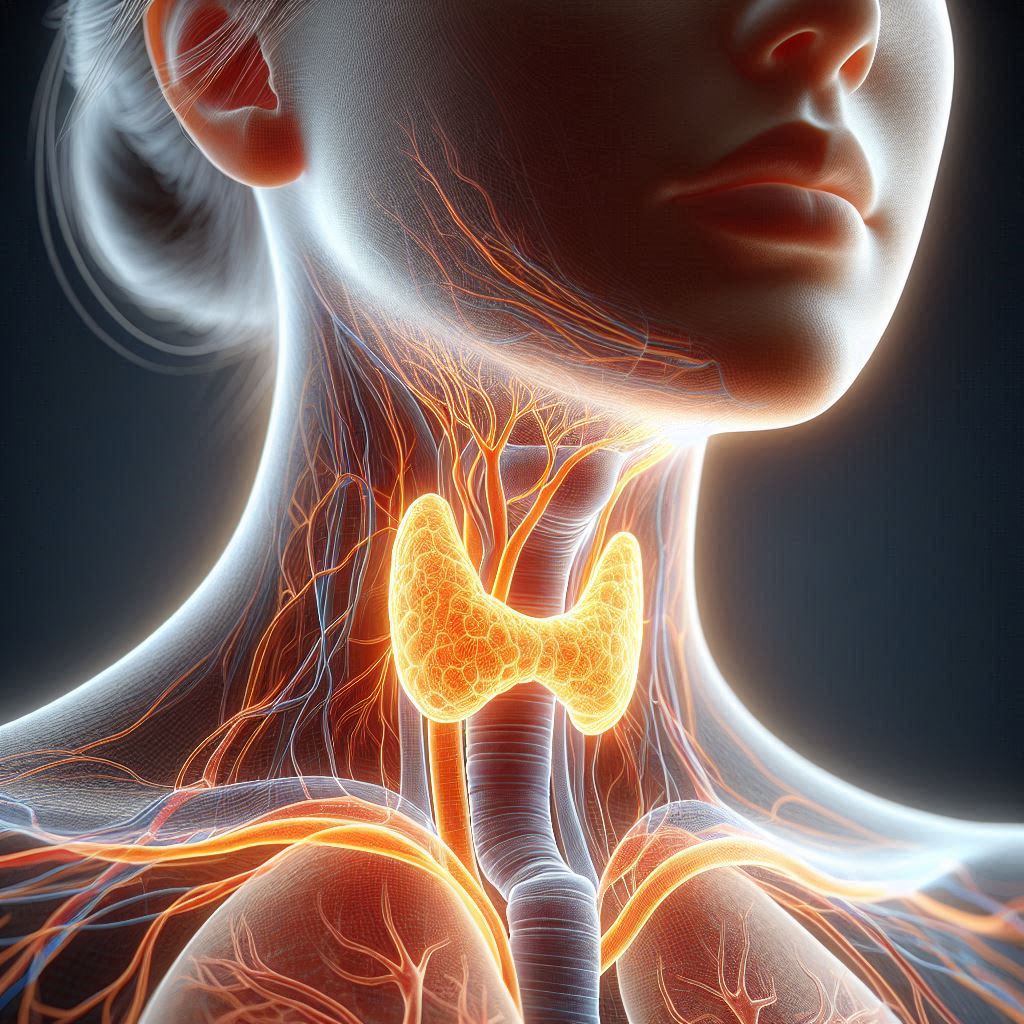Researchers from Sinai Health and the University of Toronto have discovered new insights into the potential for more successful treatment of thyroid cancer.
Examining thyroid cancer tissues and thyroid nodule biopsies from 620 patients at Mount Sinai Hospital between 2016 and 2022, the study investigated if cancer status differed according to individuals’ RAS genetic variations. Additionally, it looked at whether the patient’s samples included polymorphisms of the TERT promoter and BRAF V600E.
In the end, researchers concluded that variations in RAS and changes in the BRAF V600E and TERT promoter might be utilised to identify cancer in individuals with ambiguous thyroid nodules more accurately.
The findings help promote understanding of the interpatient differences in genomic variation among patients who carry the same genetic mutation, thereby facilitating individualized treatment based on the extent of the mutation present in the patient.
Guodong (David) Fu
Fu continues, “Using digital polymerase chain reaction, researchers created novel molecular assays for the study, allowing them to quantify the genetic mutation level of the patient materials sensitively.”
Their findings were published in the journal JAMA Network.
According to Fu, there are several reasons why research on precision thyroid cancer detection is crucial. One of the main ones is that some patients who seek treatment for thyroid tumours may discover, following diagnostic surgery, that their tumours are benign. According to him, the results may make it easier for doctors to distinguish between low- and high-risk tumours and save unnecessary surgical operations.
(This finding) enhances the preoperative diagnostic accuracy for patients, in order to avoid unnecessary surgery for benign thyroid nodules.
Guodong (David) Fu
The research, according to Witterick, who is also Mount Sinai Hospital’s chief otolaryngologist, is crucial because it can improve the accuracy of cancer detection by detecting variations in genomic variants among patients. This is particularly useful in identifying malignancies before surgery and differentiating between aggressive and low-risk cancers.
Source: University of Toronto News
Journal Reference: Fu G, Chazen RS, MacMillan C, Witterick IJ. “Discriminating Interpatient Variabilities of RAS Gene Variants for Precision Detection of Thyroid Cancer”. JAMA Netw Open. 2024;7(5):e2411919. DOI: 10.1001/jamanetworkopen.2024.11919






